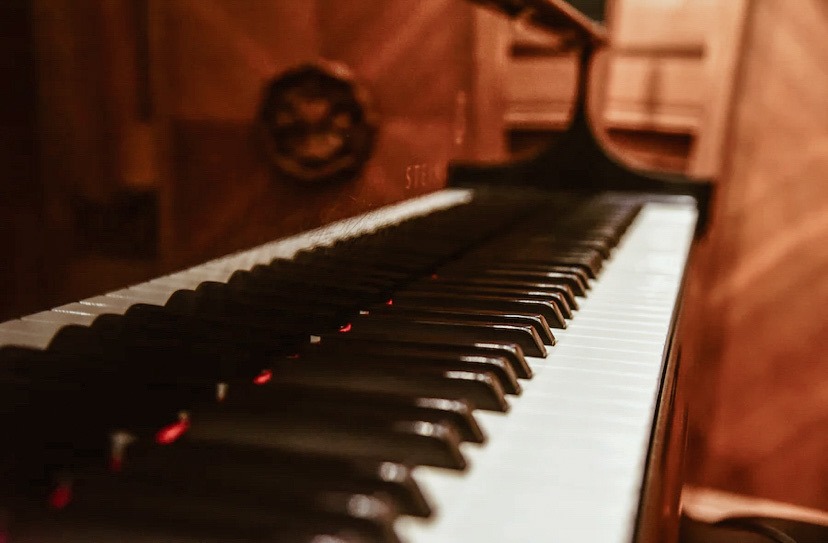Hymns of Hope: O Love that Will Not Let Me Go

George Matheson was only a teenager when he learned that his poor eyesight was deteriorating even further. Not to be denied the opportunity he longed for, he continued on with his plans to enroll in Glasgow University. His determination led to him graduating at the age of nineteen. As he pursued graduate studies for Christian ministry he became totally blind. His sister joined the ranks beside him, learning Greek and Hebrew to assist him in his studies, and he continued to press faithfully on. His spirit collapsed however, when his fiancé broke their engagement saying that she simply could not go through life with a blind man. George never married and carried the pain of rejection with him all his life.
Years later, his beloved sister came to him, announcing her own engagement. He rejoiced with her, but his sister’s engagement brought a fresh reminder of his own heartbreak. He was now forty years old, his sister had been the one to care for him all these years and now she would be leaving. He consoled himself in thinking of God’s love which is never limited, never conditional, never withdrawn, and never uncertain. It was in the midst of these circumstances and his intense sadness that the Lord gave Matheson this hymn, which he wrote in five minutes:
O Love that will not let me go,
I rest my weary soul in thee;
I give thee back the life I owe,
That in thine ocean depths its flow
May richer, fuller be.
O Light that foll’west all my way,
I yield my flick’ring torch to thee;
My heart restores its borrowed ray,
That in thy sunshine’s blaze its day
May brighter, fairer be.
O Joy that seekest me through pain,
I cannot close my heart to thee;
I trace the rainbow through the rain,
And feel the promise is not vain,
That morn shall tearless be.
O Cross that liftest up my head,
I dare not ask to fly from thee;
I lay in dust life’s glory dead,
And from the ground there blossoms red
Life that shall endless be.
This story is such a wonderful reminder that God can bring beauty from the ashes. David’s pen never wrote more beautifully than when dipped in the ink of affliction. Some of the most beautiful poems and hymns have been written by those with heavy hearts, tired minds and weary souls. It is often in the desert that God gives us His most precious gifts and comforts. It is in the wilderness that He gives us glimpses of His hand and His heart that we could not have seen anywhere else.
Much like the apostle Paul, George Matheson was given a thorn in the flesh (2 Corinthians 12:7) to be his ever present companion. Yet, painful as it was, God’s thorn was a gift to Matheson’s soul. He later wrote: “My God, I have thanked Thee a thousand times for my roses but not once for my thorn. I have been looking forward to a world where I shall get compensation for my cross, but I have never thought of my cross as itself a present glory. Thou, Divine Love, whose human path has been perfected through sufferings, teach me the glory of my cross, teach me the value of my thorn. Show me that I have climbed to Thee by the path of pain. Show me that my tears have made my rainbow. Reveal to me that my strength was the product of that hour when I wrestled until the breaking of the day. Then I shall know that my thorn was blessed by Thee, then shall I know that my cross was a gift from Thee, and I shall raise a monument to the hour of my sorrows, and the words which I shall write upon it will be these: ‘It was good for me to have been afflicted.'” (Psalm 119:71) May we too, learn to be thankful for our “thorns”, trusting that God will use them for a purpose beyond what we may see or feel in the moment.